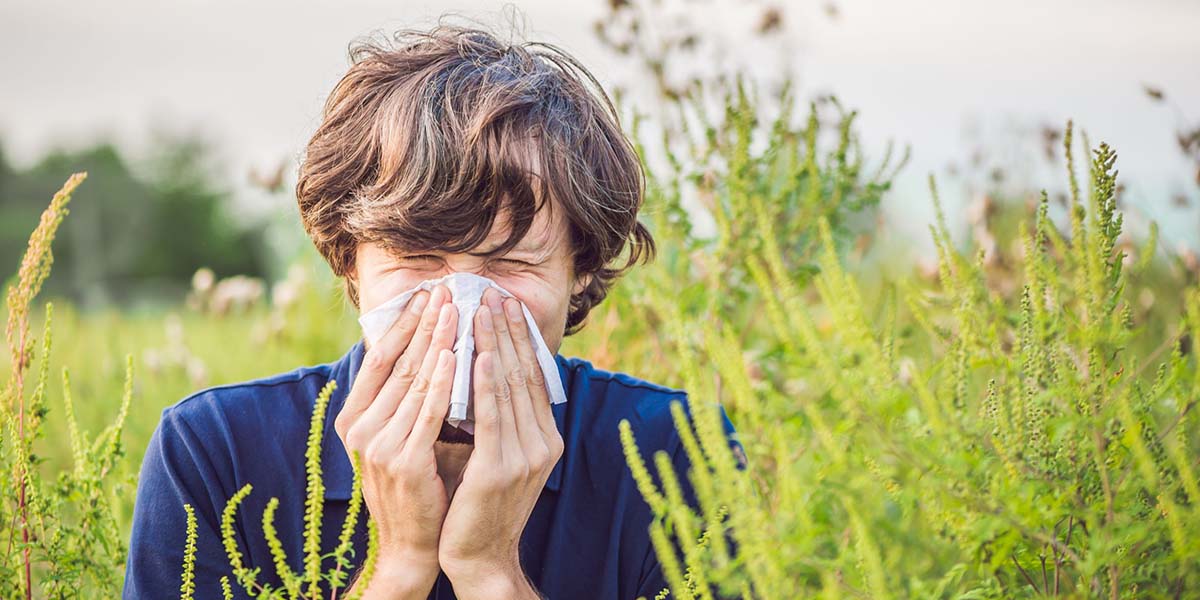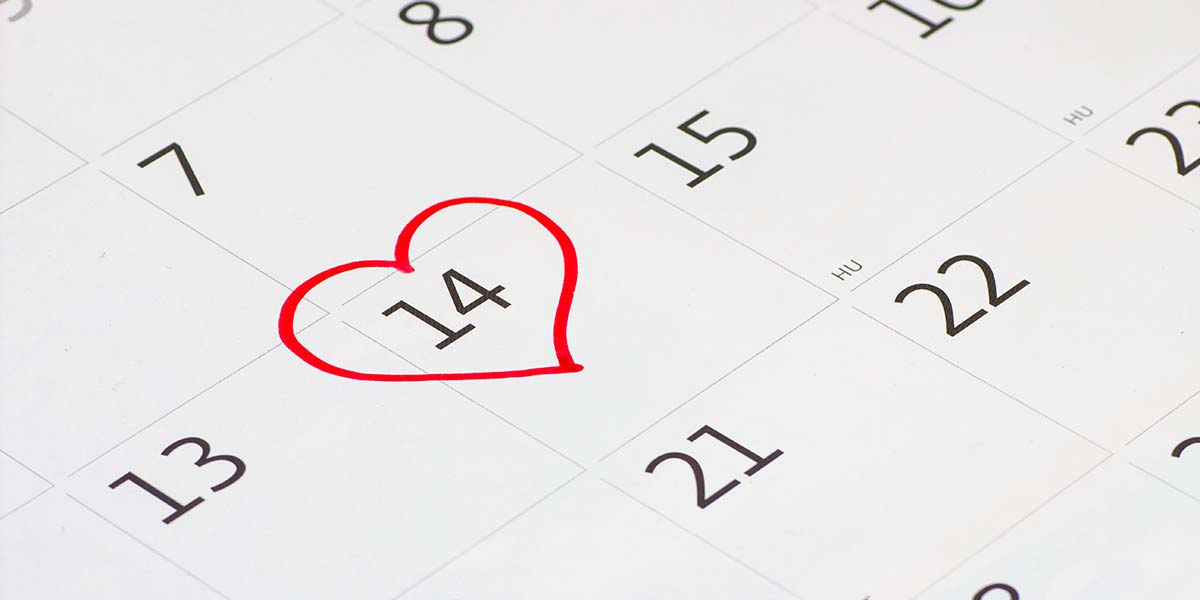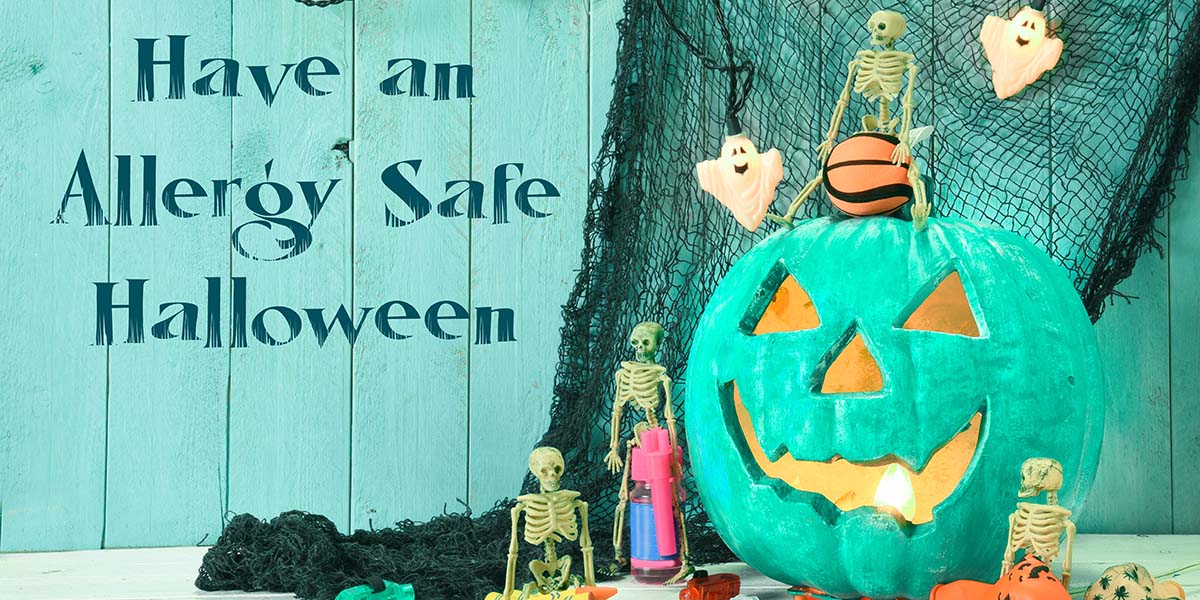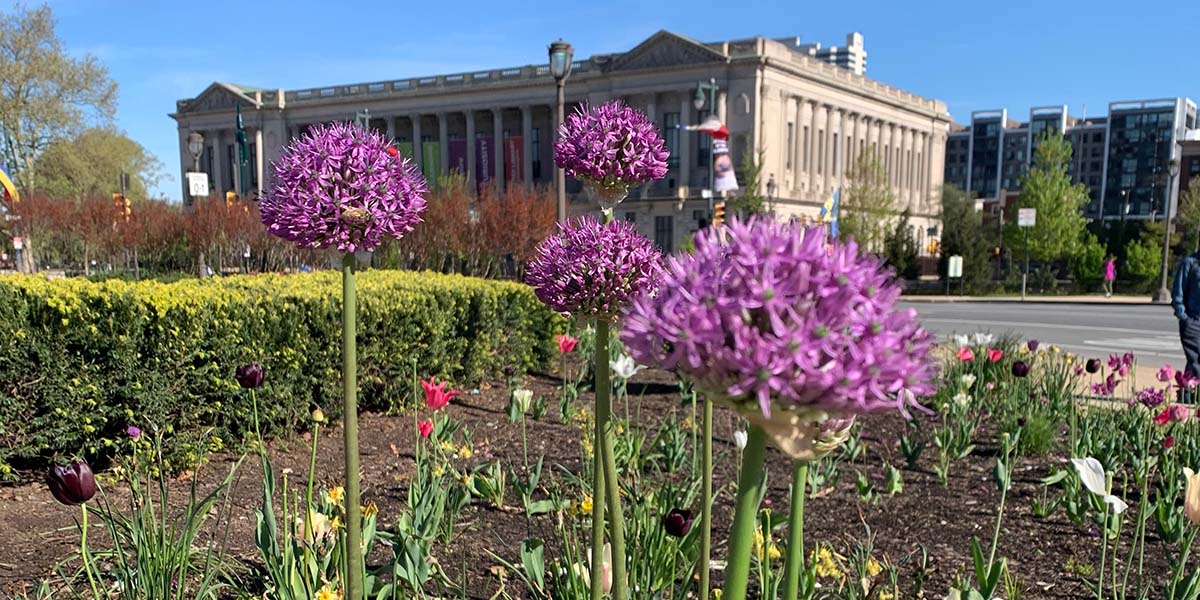Valentine’s Day may be known for lovers…but for allergy sufferers, it marks the day they…

Navigating Ragweed Season
By Dr. Manav Segal, Board Certified Allergist and Immunologist
For many allergy sufferers, summer fun is over because ragweed season arrived in mid-August and it’s going to be more challenging and longer due to a warm winter and hot summer. Adding to the awkwardness of wearing a face mask with a runny nose and the need to sneeze, ragweed season coincides with back-to-school and cold & flu season, and some symptoms are similar to those of cold, flu and even COVID-19. Dr. Manav Segal answers many of the frequently asked questions about ragweed pollen allergies:
How and when does ragweed pollen trigger allergies?
- In Philadelphia, ragweed season ramps up in August, reaching its peak in September—and can linger through early October.
- Ragweed pollen is light as a feather, so it floats just about everywhere, making it nearly impossible to avoid.
- A warm winter and summer enable the season to start earlier and last longer.
What are the symptoms? How can I tell the difference between allergies, COVID-19, cold or flu?
- Typical allergy symptoms include sneezing, runny nose and congestion.
- If your symptoms are generated by allergies:
- You should not have a fever.
- Your symptoms should respond to allergy medications.
- You may discover that you feel worse outside and better inside, and you may recognize your allergy symptoms as being typical from previous years.
- Symptoms that may be present with COVID-19 that are not typical of seasonal allergies include persistent dry cough, fever, achy muscles, severe fatigue, nausea, vomiting, and diarrhea. COVID-19 symptoms do not improve with antihistamines, allergies do.
- If you believe you are ill, in addition to staying home, drinking fluids and utilizing fever reducers, we advise seeking medical attention, especially if you experience breathing difficulty.
How do you determine if you have an allergy to ragweed?
- Testing at an allergist’s office can help you discover what you are allergic to in order to avoid specific triggers. During allergy skin tests, your skin is exposed to suspected allergy-causing substances (allergens) and is then observed for signs of an allergic reaction. Results are positive or negative within 15 minutes.
- Testing can help determine treatments that are likely to work.
What’s the best line of treatment?
- Get ahead of the season by putting a plan in place now.
- For children, especially those two years and younger, parents should consult with their pediatrician.
- AVOID: Whenever possible avoid the conditions that cause irritation:
- Stay indoors when pollen peaks in the early morning.
- Stay indoors on hot or windy days when pollen levels tend to be higher.
- Wear eye protection when biking.
- Keep windows closed when driving.
- Remove and wash clothes you’ve worn outside.
- Shower to rinse ragweed pollen from your skin and hair.
- TREAT: A number of prescription and over-the-counter medications may also help. Medications should only be used as directed by prescribing information or as directed by your doctor.
- Non-drowsy antihistamines are the first line of defense
- Corticosteroid nasal sprays can also be used.
- Decongestants are helpful for nasal congestion, but side effects are common.
- Saline eye drops and cool compresses may help for ocular symptoms.
- SEE AN ALLERGIST: Consult an allergist when avoidance and over-the-counter medications are not helping. More serious allergy indications include asthma symptoms such as coughing, wheezing, and shortness of breath.
- For some, immunotherapy can be a good option. Immunotherapy is long-term treatment that works like a vaccine to build tolerance to allergens like ragweed pollen and decreases allergic symptoms over time.
What if I have to sneeze around people, do I wear a mask?
- This is a valid question that many people are puzzled about. If you are near people, continue wearing your mask, plus follow typical guidance to cough or sneeze into your elbow or into a tissue. Dispose of the tissue and wash your hands as soon as possible. Additional guidance includes:
- Wash or sanitize your hands before putting on or taking off your mask.
- Avoid touching your face.
- When you remove your mask, take it off only by the ear straps.
- Wash your mask when you get home so it’s clean and ready for another use.
- Have a spare mask with you.



